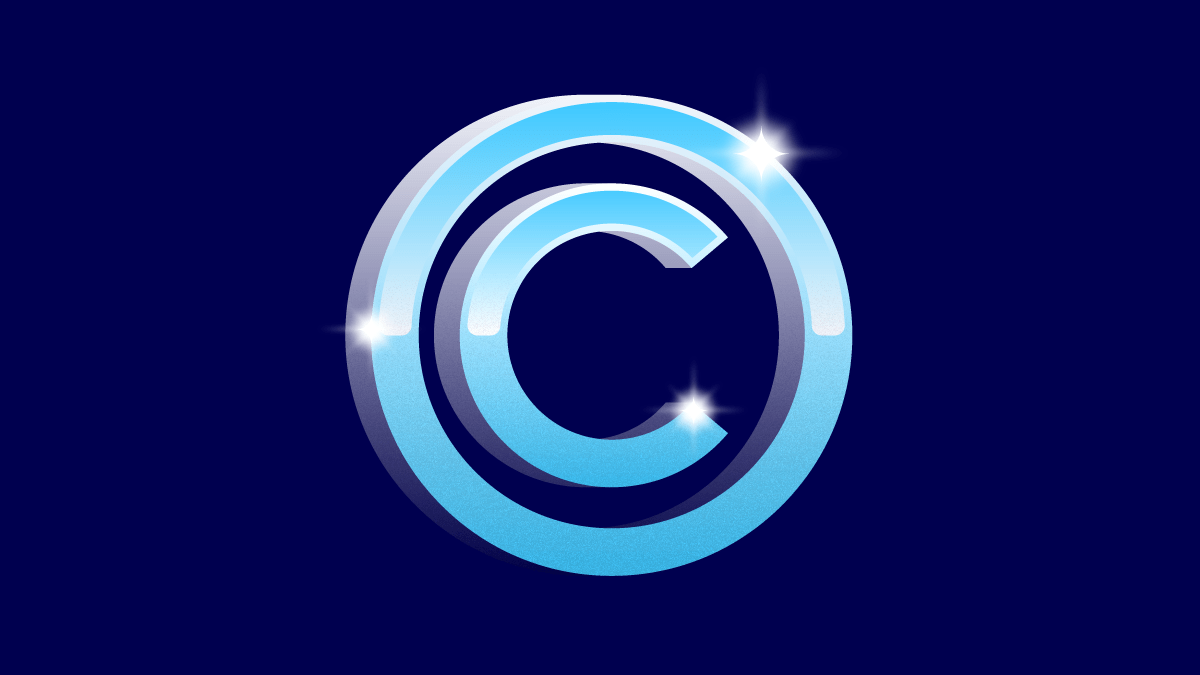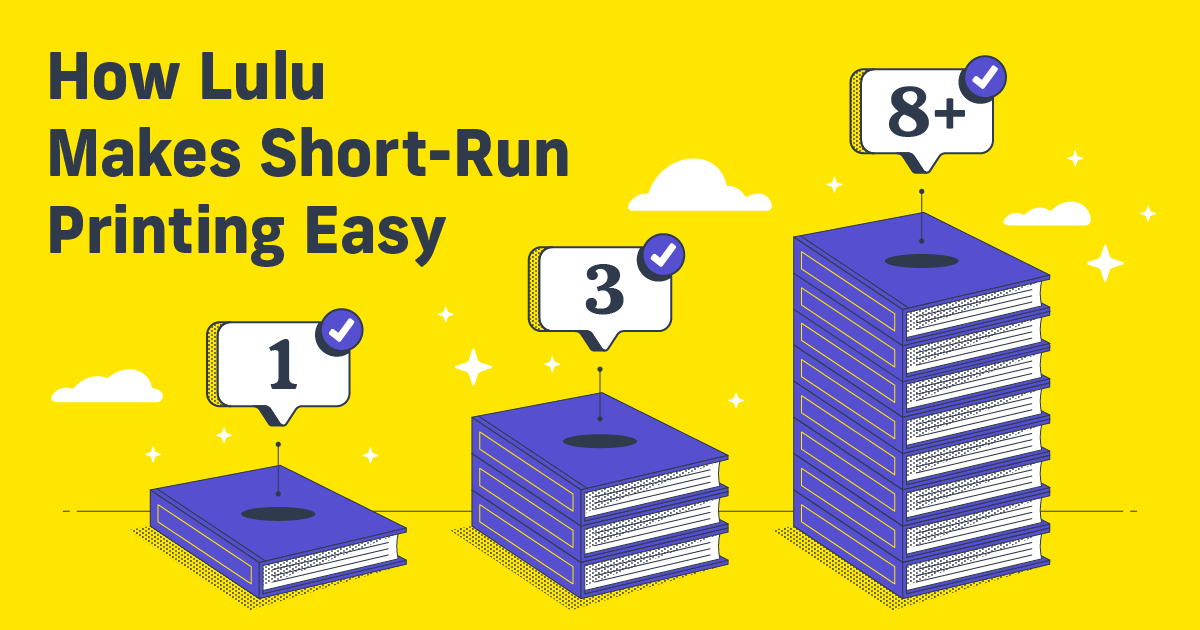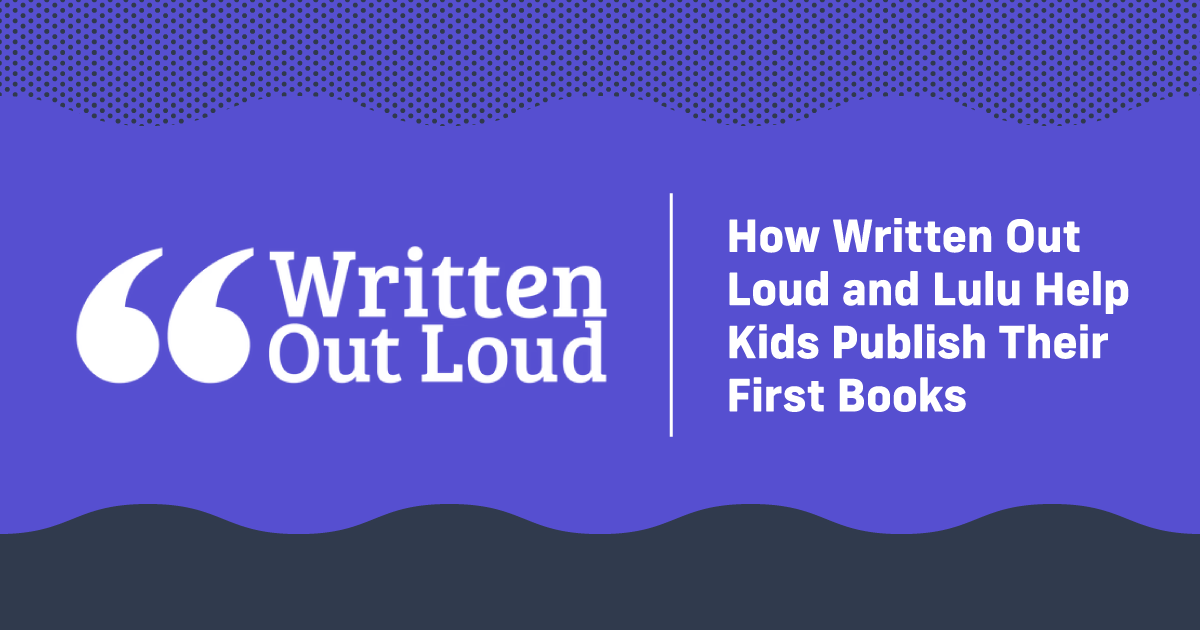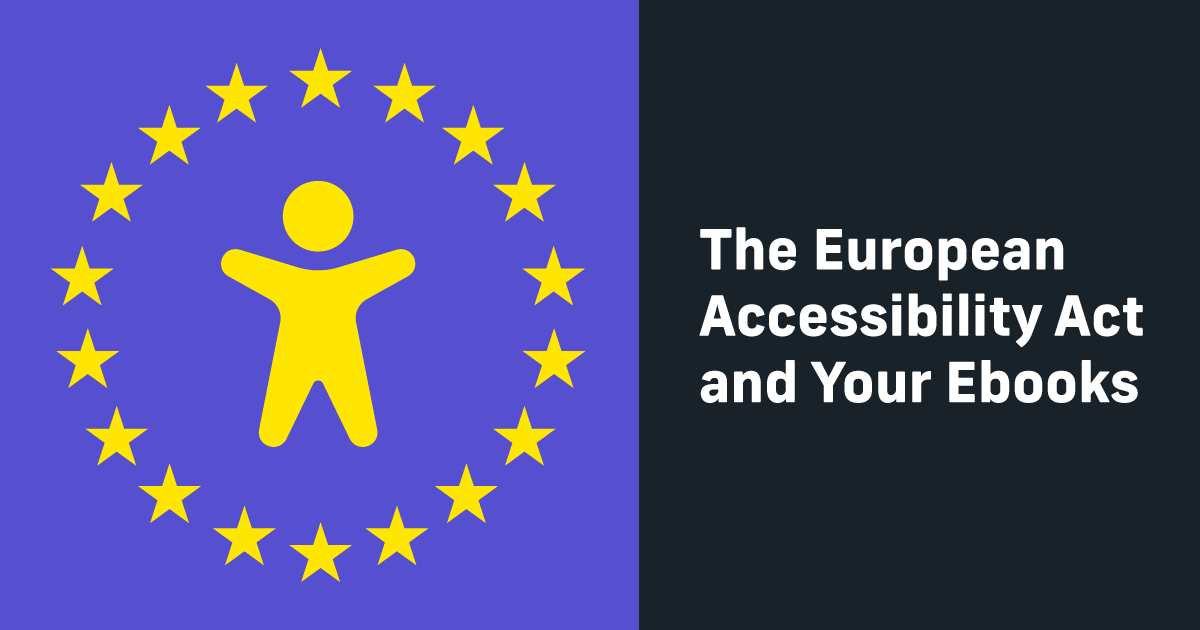Copyright Law Basics For Authors
You’ve written a book, put time and energy into finalizing it, and designed the files to self-publish. The last thing you want is for someone else to use your work to earn profits that should be yours! Luckily, that’s exactly why copyright laws exist.
As an author, you should get to know a little about copyright law in your country, anything you have to do to ensure your copyright is safely applied to your work, and how to react to violations of your copyright.
Today, we’re going to look a little more closely at copyright laws in the USA. Please note that copyright law does vary from nation to nation, so be sure to look for resources that apply specifically to your country.
What Is Copyright?
Copyright, in the USA, is protected by Copyright Law (Title 17 of the Copyright Act of 1976). Copyright law ‘grants to authors and creators of their works exclusive rights for using those works for a limited period of time.”
There’s a lot to unpack in that short sentence. Before we start to pick it apart, let’s quickly look at the rights you’ll retain. These include the right to:
- Reproduce and copy the work
- Create derivative works
- Distribute your work by giving, lending, or selling it
- Perform and display your work publicly
As with any US law, there’s a ton of legal language in there that tends to obscure the point. What it boils down to for writers is that (1) your work is YOURS as soon as you create it and (2) you have the right to use that work for entertainment and profit for a set amount of time.
That period will vary, but in the USA works are protected for the life of the creator plus 70 years. There are some additional factors, such as if the writing was created on commission for another person or business. But since we’re primarily looking at authors and their work, the lifetime + 70-year formula is the right one.
What Does Copyright Protect?
These are the “exclusive rights” mentioned in the copyright law. The idea is to ensure that you can profit from your work and control how that work is displayed.
The good news is that work receives copyright law protection as soon as you create it. So, as I’m typing these words, they are immediately protected as my intellectual property. As a result, you don’t have to do anything beyond creating your work to have the protection of copyright law.
However, holding a registered copyright is helpful if you find yourself in litigation.
If you have your rights violated and need to be litigated, the registration will serve as a timestamp for your work. And since any stolen or derivative works would naturally have to be created after you publish your original work, the copyright notice becomes vital to maintaining your rights and protecting your work.
A Caveat: Fanfiction
Fanfiction represents a big grey area of copyright. We’ve talked a little about fanfiction on this blog, but in general, you need to be very careful if you create and/or publish fanfiction.
To help get you started, here are a few of the resources I recommend:
- Wikipedia’s Fanfiction Legal Page – a thorough source repository of historical legal information about copyright and fanfiction
- Fanfiction and Copyright – a scholarly look at how the internet is eroding copyright
- 10 Important Copyright Cases – a legal blog reviews their understanding of fanfiction and looks at 10 case studies
Fair Use and Copyright
In the United States, copyright law is not absolute. There’s something called the ‘fair use doctrine’ that provides a framework for ways one creator can use another’s work. The exclusivity of copyright law actually has some pretty broad exceptions.
The essence of fair use allows creators to use works that might otherwise be protected by copyright law when the use meets some unique criteria. Fair use and copyright meet in a grey area where some uses are acceptable while others are not.
According to the US Copyright Site, There Are Four Primary Considerations for Fair Use:
- Purpose and character of the use – This protection allows the reproduction of copyrighted works for educational or nonprofit use. This might include a teacher photocopying pages from a book rather than requiring their students to purchase the book.
Another aspect of this form of fair use is ‘transformative’—when the new work uses a piece of copyrighted material to create something new. One example of transformative use is ‘sampling’ in music. - Nature of the use – If a copyrighted work is factual, technical, or journalistic, it may fall under fair use for other creators reacting to or building on the original work’s research or opinions. Copyright law doesn’t seek to hinder criticism or commentary.
- Amount used – This aspect of fair use protects critics and commentators who may use a portion of the work. There is also a consideration for the use of a small portion of the original work that may fall under the transformative use mentioned in point #1.
The amount of copyrighted material used factors heavily in the example of sampled music above. - Impact on market value – The final factor that often helps supplement a decision based on one of the first three points is the financial impact. If the use of a copyrighted work is deemed to have little or no financial impact on the copyright holder, it may fall under the fair use doctrine.
Fair use is also the area of copyright law that deals with fan fiction. The line between fan fiction that is fair use and fan fiction that infringes is obscure and seemingly ever-changing. So if you enjoy creating fan fiction, be very careful about publishing your work.
Finally, if you are considering using a piece of existing material in your own work, I encourage you to read more about fair use on the US copyright website.

Create Your Book
Use Lulu's free templates to easily create and publish your book today.
Creative Commons
The grey areas of copyright law and fair use have had a disproportionately negative impact on education. As I mentioned earlier, a teacher may prefer photocopying a few pages rather than requiring a student (or the school) purchase the entire book. Of course, it’s more efficient and cost-effective.
But it also infringes on the text-makers copyright.
The solution? Creative Commons.
Founded in 2001, Creative Commons is a non-profit organization offering detailed copyright agreements. These ‘creative commons licenses’ don’t replace existing copyright; instead, they provide details about allowed usage.
Creative Commons flips the old model (all rights reserved) to a more generous model (some rights reserved). For example, I could select the Attribution-NonCommercial 4.0 International (CC BY-NC 4.0) license to allow for the reproduction of my work, so long as it’s not for profit. Just like that, educators are free to share my materials without worry.
Copyright and Authors
Okay, so there’s all rights reserved and Creative Commons licensing to protect different kinds of works. But what’s the right choice for an author?
For the majority of fiction authors, you’ll be claiming all rights reserved. If you’re hoping to sell your book and build an audience of readers, you’ll definitely need to use the standard author copyright. That ensures no one can legally copy, distribute, or use your story and characters.
You’ll want those rights so you can earn profit from all the sales. You also might be able to sell the film or other creative rights (though you should probably review this with a lawyer first).
If you’re a teacher, researcher, or another non-fiction creator, you might find the Creative Commons license more appealing. These licenses take a few different forms and give the freedom to make your work available for education or further research.
In The Books
Okay, so copyright isn’t quite as scary or vast as it might seem at first. And with a few different license options, you can find the right protection for your work.
But how do you ensure your published works properly declare your rights?
Luckily, it’s pretty easy to add the notification to your book. It can be as simple as this:
Copyright Notice: by John Doe. All rights reserved.
The above information forms this copyright notice: © 2020 by John Doe. All rights reserved.
Just update the name, and year, and add any supplemental information (such as ISBN, location of first publication, etc) to create a copyright page. I suggest placing this page near the front of your book. In most cases, you’ll find the copyright page after the full title.
If you’re interested in going more in-depth with your copyright, you should visit the US Copyright website’s registration page. That’s the best place to get started on the process, learn about listing your book in the Library of Congress, and more.
Know Your Rights
In closing, the most important thing for any creator is to know your rights. I stuck to US Copyright law because it’s what I’m most familiar with and it impacts the majority of Lulu authors. If you’re publishing from another country I would strongly recommend looking into your own copyright laws and regulations.
As with everything, knowledge is your most important resource. Be sure to review and understand how copyright will impact your work so you’re protected when you start selling your book!




